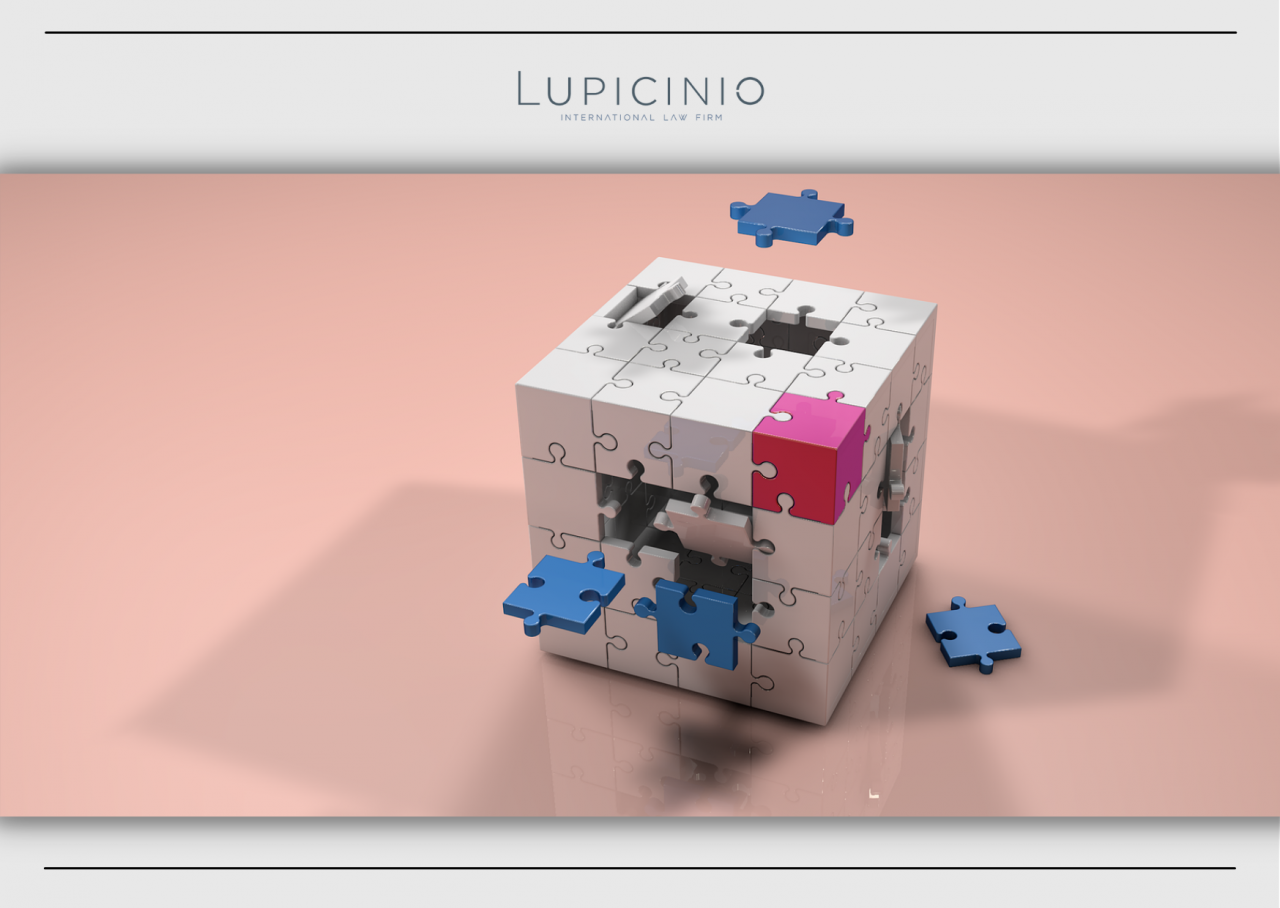Lupicinio International Law Firm seeks to provide a complete and personalised service to its clients, and to this end it has specialised in Peter Drucker’s management by objectives, a theory applied to practice that has been given a new twist. LILF is not just SMART – it has become SMARTER.
Nowadays, there are thousands of work techniques that can be used to achieve the proposed goals, but not all of them are as effective as the one proposed by Drucker, back in the 1950s. It is still so valid that it only needs to be adapted a little to the current times to become the most effective weapon for a fluid and successful cross-cutting work. SMART is a tool that provides motivation and makes it easier for teams to focus on what is really important and necessary to achieve the proposed objectives.
Tabla de contenidos
The S.M.A.R.T. method or how to be effective in a world that never stops.
S – SPECIFIC
The objective must be well defined. To do this, it is necessary to answer the six basic questions: who, what, when, where, with what and why. Once these questions have been answered, it is time to move on to the second step.
M – MEASURABLE
Work, progress and results are not always easily measurable, but this method helps us to focus our energies on answering three basic questions: how much, how many and how to know if the goal has been reached.
A – ACHIEVABLE
While the achievement of objectives should be a priority, it is necessary to set realistic goals. Impossible goals cannot be achieved, so our strategic objectives are ambitious in the right measure so that teams operate in a motivated way towards success.
R – RELEVANT
Prioritising some objectives over others and carrying out goal management is one of our working methods. We propose serious and constructive methods and objectives.
T – TIMELY
In order to achieve success by following each of the above steps, it is necessary to have a clear calendar of actions to be carried out. With this calendar, it is easy to follow up on each task and to know at all times the schedule to follow in order to successfully achieve the goals proposed in each project.
Becoming S.M.A.R.T.E.R., a philosophy of success
Some authors have expanded on Drucker’s vision over the years, and many have theorised about an expansion, but the LILF Philosophy we have adopted takes us a step further in the adaptation of cross-functional teams. We are not SMART, we are SMARTER – in addition to having specific, measurable, realistic and relevant objectives to achieve within a given timeframe, we go further and offer added value to a Project Management theory that has become a working philosophy in practice.
E – EVALUATED
It is not just about presenting objectives and trying to achieve them. LILF wants its clients to be able to evaluate and monitor project information at all times, because our work is accountable.
R – RISK ASSESSED
Every project involves risks that need to be analysed. All our proposals assess the risk, be it financial, reputational or catastrophic.







